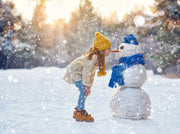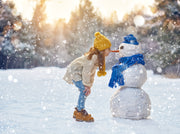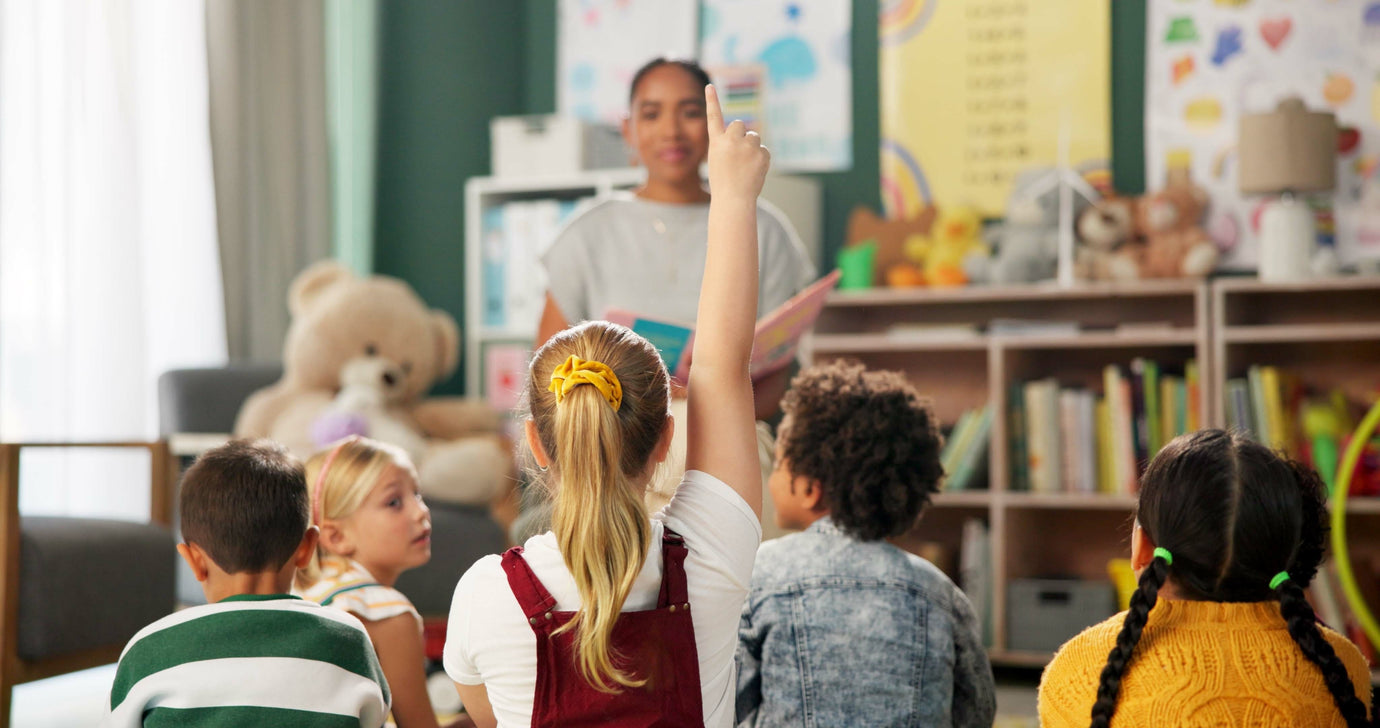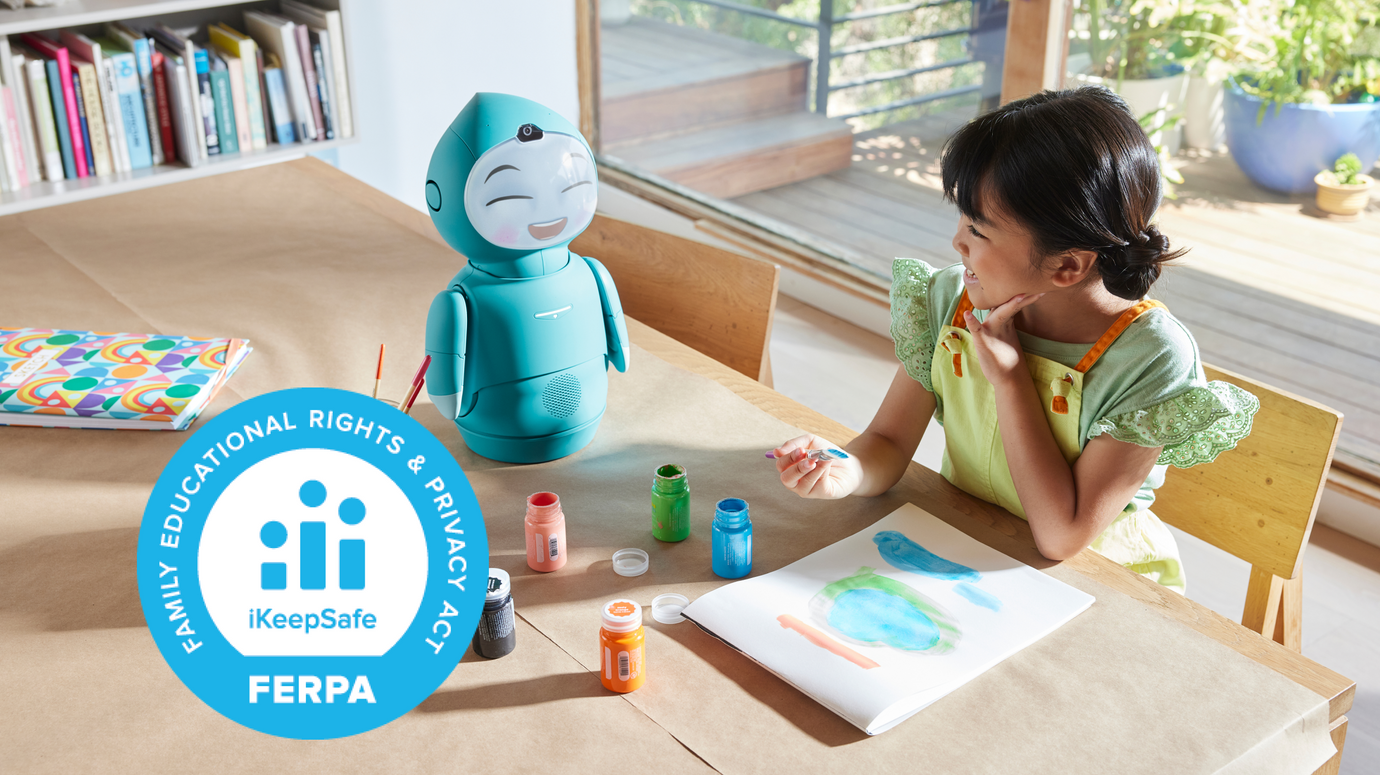31 Days of Moxie Wonderland: December 6-10
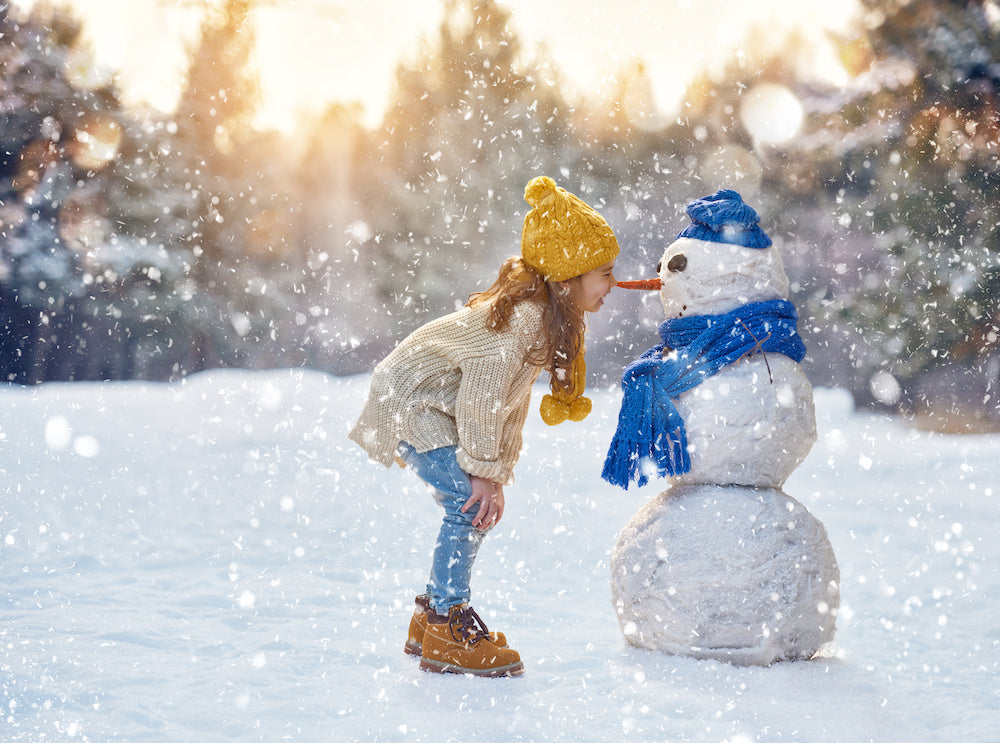
December 6: Teaching the Importance of Traditions
The holidays are a great time for teaching your kids about family traditions or learning about the traditions of others! Traditions are beliefs, stories, activities, or even recipes that are passed down through generations. Studies show that participating in traditions can foster a better sense of identity in children and also promote understanding and respect for cultures that are different from their own.
This holiday season, take the time to have conversations with your kids about any important cultural or holiday traditions you have in your family. Talk about the meaning behind the tradition and why it is important. You can also use this time to talk about traditions and holidays that are celebrated by other cultures! We’ll be featuring history on several holiday traditions in upcoming blog posts that can be used as conversation starters.
If your family doesn’t have any known traditions, here are some ideas for fun traditions to start over the holiday season:
- Participate in a holiday activity or event in your local community
- Cook a special holiday recipe or dessert together
- Have a holiday movie night or reading night while wearing your comfiest pajamas
- Start a family game night
December 7: Introducing Your Kids to Hanukkah
Today marks the first day of Hanukkah! Here are some facts about the history of Hanukkah, important traditions, and lessons that you can share with your children to teach them more about this holiday.
- Hanukkah is the festival of lights and is celebrated by Jewish people around the world. It lasts for 8 days to commemorate the story of oil allowing a candle to burn for 8 nights.
- Hanukkah is commemorated with a menorah, and a different candle is lit each night of Hanukkah. Each night, people recite blessings, sing songs, and share gifts with one another.
- Some traditional Hanukkah recipes include deep fried jelly donuts called sufganiyot and fried potato pancakes called latkes.
- A fun game people play on Hanukkah involves spinning a dreidel and winning prizes depending on how the dreidel lands.
- More kid-friendly information on the history of Hanukkah can be found here: https://kids.nationalgeographic.com/celebrations/article/hanukkah
- Some activities to teach your kids about Hanukkah:
- Read a book on the story of Hanukkah, such as “The Night Before Hanukkah” by Natasha Wing
- Make a kindness paper chain - write down one kind thing they can do on each slip for paper for each night of Hanukkah
- Talk about some of the important lessons inspired by Hanukkah, such as having hope and perseverance
- Make cards for your friends or family members who celebrate Hanukkah
December 8: Setting a Winter Break Reading Goal
Winter break is the perfect time to get your kids excited about reading! Reading books is a great way to keep your kid learning over the break from school, and is a great activity for when you are trying to reduce screen time.
Talk with your child about setting a winter break reading goal! Choose the number of books that they would like to read over break, and set a fun reward for if they reach their goal. You can make a chart using construction paper and stickers to visually keep track of their progress!
Later this month we’ll be sharing recommendations for books that your child might enjoy reading over winter break.
December 9: Snowman Breaths
As the holidays approach, it can be helpful to have some tools in your toolbox to help manage any stress or anxiety. Snowman breaths is a fun, full body breathing exercise that you can practice together as a family!
Start by taking a slow deep breath in through your nose. Wrap your arms around your body in a hug, and breathe out with a “brrrrr” sound. Shake your body like it’s really cold outside to let out some of that extra energy.
December 10: Managing Stress & Anxiety Over the Holidays
The holidays can be an exciting and memorable time of year, filled with family gatherings, delicious food, and fun family activities. However, the holidays can be stressful for many children (and even adults), with the changes in routine, social and communication expectations, and a more overstimulating environment at home. Here are some tips to help reduce anxiety during the holidays and to help family gatherings go smoothly:
Talk about Expectations
Holiday gatherings can bring with them a lot of changes in routine and more demanding social expectations. This can be difficult for a child who struggles with change, has difficulty with communication, or isn’t comfortable with new people. Setting expectations ahead of time can let children know what to expect and help them feel more prepared.
A few days before a family gathering, it can be helpful to make a visual schedule of the events of the day and talk about them with your child. Let them know which events they need to participate in, and any events where they can excuse themselves. Talk about any changes to expect from their usual routine, and discuss how they are feeling about the event.
Sensory Strategies and Breaks
If your child is feeling anxious about a holiday celebration or gathering, or gets overwhelmed when around a lot of people, it can be helpful to have preferred strategies in place ahead of time. Let your child know that they can take a break whenever they need to, and practice how to ask for a break if needed. Sometimes a hand signal can be useful if the child doesn’t want to ask in front of others. Make sure there is a quiet room or space in the home they can go to recharge, and put any favorite toys or sensory items in the room for them. As an adult, feel free to use this strategy if you become overwhelmed as well!
Set Boundaries
The holidays can bring a lot of new people into the home, or family members your child may not see very often. If your child prefers not to be hugged or touched, make sure to let visitors know ahead of time and establish a preferred greeting or way of saying goodbye. Let others know if your child may need to take breaks, or not sit for the entire dinner, so that there isn’t any unnecessary questioning. Talk about your child’s strengths and interests with them to create positive topics for conversations. If your child feels comfortable and would like to communicate their boundaries to others themselves, practice how to have these conversations.
If your child has dietary preferences, communicate these to others if they are bringing or cooking the food. It’s also helpful to bring your child’s preferred food items with you so that they can choose to eat that if they prefer.
Practice Communication Skills
Family gatherings bring new demands for social interaction and conversations with others. If your child has difficulty with communication, but would like to be involved in conversation, it can be helpful to practice beforehand. Some things to practice include how to greet others and say goodbye, how to be a good listener, how to answer questions about yourself, or fun questions to ask others.
Other types of communication that may be important to practice include how to politely turn down food, or to set a boundary with others such as letting them know they prefer not to be hugged, or that they would rather play by themselves for a while. Model phrases that could be helpful, and have your child practice saying them back to you.

